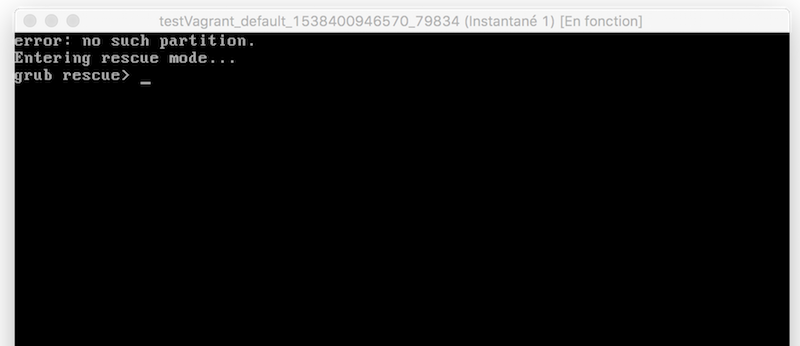- Install Docker On Ubuntu Vmware
- Install Docker On Ubuntu Vm Azure
- Install Docker On Ubuntu Virtualbox
- Install Docker On Azure Ubuntu Vm
- Install Docker On Ubuntu Vm Ubuntu
- Install Docker On Ubuntu Vmware
Step 2) Install Docker (Container Runtime) on all 3 nodes. Login to each node and run the following commands to install docker, $ sudo apt update $ sudo apt install -y docker.io. Now start and enable docker service on each node using beneath systemctl command, $ sudo systemctl enable docker.service -now. Try this command to get a more functional VM, before proceeding with the remaining steps outlined in this document. To install Docker on RHEL 7, first enable this. Solr provides full-text search, spell suggestions, custom document ordering and ranking, Snippet generation and highlighting. This tutorial will help you to install Apache Solr 8.5 on Ubuntu 19.10, 18.04, 17.10, 16.04, 14.04 systems. Install Apache Solr on CentOS, RedHat; Step 1 – Install Java. Apache Solr 7 required Java 8 or greater to run.
The intent of this page is to provide simple instructions to perform an autoinstall in a VM on your machine.
The crypted password is just “ubuntu”. Create an ISO to use as a cloud-init data source sudo apt install cloud-image-utils cloud-localds /seed.iso user-data meta-data Create a target disk truncate -s 10G image.img Run the install! Download Ubuntu Server LTS from here and install it on the first node. We will call this node a MAAS node. Make sure that both NICs have IP addresses configured. We will use 172.16.7.2 and 172.16.8.2 respectively. Then install prerequisites.
This page assumes you are on the amd64 architecture. There is a version for s390x too.
Providing the autoinstall data over the network
This method is the one that generalizes most easily to doing an entirely network-based install, where a machine netboots and then is automatically installed.
Download the ISO
Go to the 20.04 ISO download page and download the latest Ubuntu 20.04 live-server ISO.
Install Docker On Ubuntu Vmware
Mount the ISO
Write your autoinstall config
This means creating cloud-init config as follows:
Install Docker On Ubuntu Vm Azure
The crypted password is just “ubuntu”.
Serve the cloud-init config over http
Leave this running in one terminal window:
Create a target disk
Run the install!
This will boot, download the config from the server set up in the previous step and run the install. The installer reboots at the end but the -no-reboot flag to kvm means that kvm will exit when this happens. It should take about 5 minutes.
Boot the installed system

This will boot into the freshly installed system and you should be able to log in as ubuntu/ubuntu.
Using another volume to provide the autoinstall config
This is the method to use when you want to create media that you can just plug into a system to have it be installed.
Download the live-server ISO

Go to the 20.04 ISO download page and download the latest Ubuntu 20.04 live-server ISO.
Create your user-data & meta-data files
The crypted password is just “ubuntu”.

Create an ISO to use as a cloud-init data source
Create a target disk
Install Docker On Ubuntu Virtualbox
Run the install!
This will boot and run the install. Unless you interrupt boot to add ‘autoinstall’ to the kernel command line, the installer will prompt for confirmation before touching the disk.
Install Docker On Azure Ubuntu Vm
The installer reboots at the end but the -no-reboot flag to kvm means that kvm will exit when this happens.
The whole process should take about 5 minutes.
Install Docker On Ubuntu Vm Ubuntu
Boot the installed system
This will boot into the freshly installed system and you should be able to log in as ubuntu/ubuntu.
Install Docker On Ubuntu Vmware
Last updated 3 months ago. Help improve this document in the forum.
